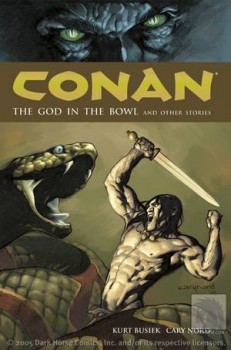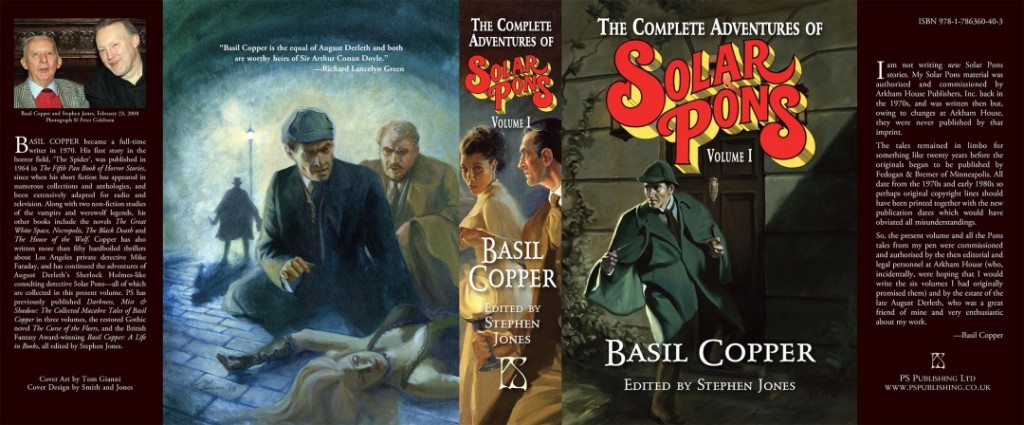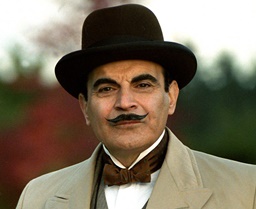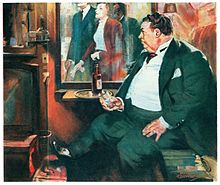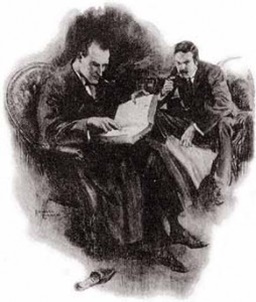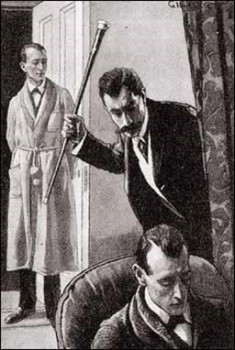The Public Life of Sherlock Holmes: Murder on the Orient Express
 While I have read a lot of mysteries by a lot of different authors, I’d never cared for Agatha Christie. When I began watching David Suchet’s masterful performance as Hercule Poirot (which I’m SURE you read about here at Black Gate), I had never finished a Christie novel. I just didn’t like her stories and there was way too much out there that I’d rather read. However, because Suchet was simply amazing, I became a Poirot fan and I read all of the short stories. By picturing the actors and settings from the television show while I read, it worked for me.
While I have read a lot of mysteries by a lot of different authors, I’d never cared for Agatha Christie. When I began watching David Suchet’s masterful performance as Hercule Poirot (which I’m SURE you read about here at Black Gate), I had never finished a Christie novel. I just didn’t like her stories and there was way too much out there that I’d rather read. However, because Suchet was simply amazing, I became a Poirot fan and I read all of the short stories. By picturing the actors and settings from the television show while I read, it worked for me.
My frame of reference for Poirot is episodes of the Suchet television show, not Christie’s original stories. Unlike Doyle, Stout, James Lee Burke, Tony Hillerman, Frederic Nebel and many others whose work I admire, I still am not interested in Christie’s writings. So, I like Poirot, but not Christie.
I wasn’t sure what to think of the new big screen Murder on the Orient Express, which I saw at 10:50 AM on opening day. On the one hand, I thought that Kenneth Branagh’s moustache was completely ludicrous and a huge strike against the move right out of the gate (I mean, who in the world thought that was a good move? Did Mark Gatiss have a hand in this?). On the other hand, it was Branagh’s amazing Shakespeare films that made me a fan of the Bard. He is a wonderfully talented actor. And this film, which he produced, directed and starred in, was his labor of love.
